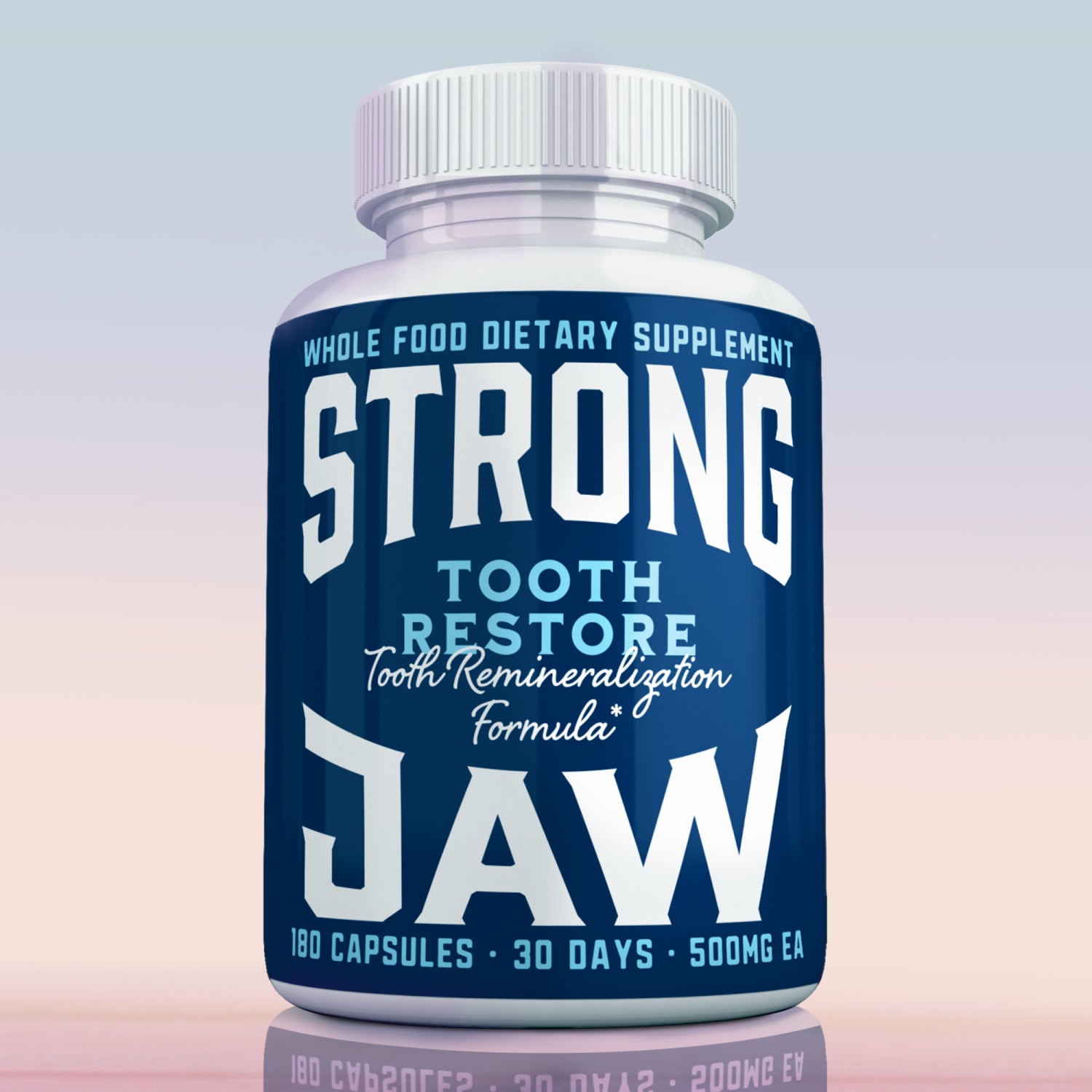Does Sugar Cause Tooth Decay?

Sugar and tooth decay - this correlation has been established in our minds since our childhood. But have you ever wondered does sugar really cause tooth decay? A deep dive into the world of oral microbiomes, nutrients, and ancestral diets reveals that the answer is more complex than a simple 'yes' or 'no'.
The Sugar and Oral Microbiome Connection
In anthropological studies, the diversity of oral microbiomes, the bacteria present in our mouths, becomes evident. Ancient populations demonstrated a diverse set of bacteria in their oral microbiomes, similar to the diversity found in the gut microbiomes of Hazda or Maasai tribes or South American tribes. Such diversity indicates a balanced microbiome, capable of metabolizing various foods, including sugars.
Contrast this with the modern world, where our microbiomes are less diverse, making us more susceptible to sugars. Surprisingly, traditional tribes could consume honey and berries without significant dental damage because their diverse microbiomes effectively metabolized these sugars. Moreover, raw honey, one of the richest sources of certain Lactobacillus species, provided a rich microbial environment to help metabolize the sugar.
The Immune System of Teeth
Teeth possess an immune system constituted by cells called odontoblasts. Sitting at the junction of the dental pulp and dentine, these cells monitor the bacterial activity around the dentin tubules and enamel rods. They initiate an immune response triggered by certain bacteria, with nutrients A, D, and K2 playing a crucial role in this response.
When deficient in these nutrients, especially when consuming high-carbohydrate foods, the immune response weakens, leading to tooth decay. This discovery highlights the importance of a nutrient-rich diet for robust dental health.
A Real-world Example: The Hazda Tribe
One of the most convincing evidence of this intricate connection comes from the Hazda tribe. Despite having green plaque all over their teeth, they show no signs of tooth decay. This is attributed to their traditional diet rich in the right nutrients, which makes them virtually immune to decay.
Conclusion: Is Sugar the Real Culprit?
So, does sugar cause tooth decay? The answer lies in the context. In a healthy, diverse oral microbiome, with adequate amounts of nutrients A, D, and K2, sugars can be metabolized without causing significant damage. However, in the absence of these conditions, sugar can indeed exacerbate tooth decay.
Therefore, it's essential to focus on a diet that supports a diverse oral microbiome and provides necessary nutrients rather than simply avoiding sugar.
The teeth are living structures, not inert rocks in your mouth. Understanding their intricacies and immunity offers an in-depth perspective on dental health that extends beyond the conventional wisdom of 'sugar equals decay'.
FAQ
Q1: Does sugar cause tooth decay?
Sugar alone does not cause tooth decay. However, a high sugar diet, when combined with a less diverse oral microbiome and a lack of essential nutrients like A, D, and K2, can exacerbate tooth decay.
Q2: What is the role of oral microbiome diversity in preventing tooth decay?
A diverse oral microbiome is better equipped to metabolize various types of food, including sugars. Less diversity in the oral microbiome can make an individual more susceptible to the effects of sugar and potential tooth decay.
Q3: What nutrients are important in preventing tooth decay?
The nutrients A, D, and K2 play a crucial role in the immune response of teeth. Deficiency in these nutrients can lead to weakened immunity of teeth, making them more susceptible to decay.
Q4: Can a nutrient-rich diet reverse tooth decay?
A diet rich in the right nutrients, particularly A, D, and K2, supports a robust immune response in the teeth and contributes to better dental health. This may not necessarily reverse existing tooth decay, but it can help in preventing further decay.
Q5: What is the significance of raw honey in tooth decay prevention?
Raw honey is a rich source of certain Lactobacillus species. These microbes can help in metabolizing the sugar present in honey, thereby mitigating the potential damaging effects on the teeth.

